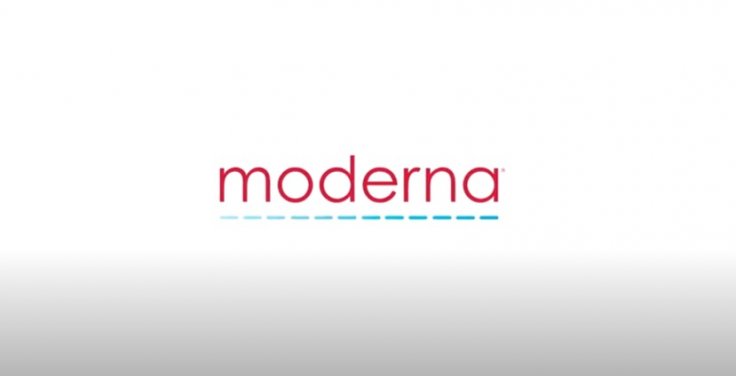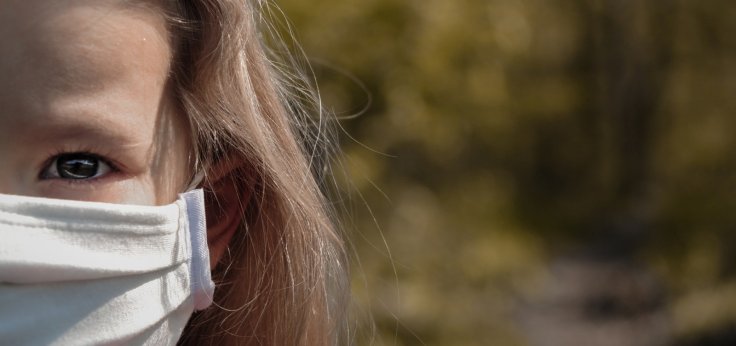Moderna announced on Tuesday that it has started giving the first doses of its mRNA Covid-19 vaccine to children aged below 12 as part of a new study to determine the effectiveness of the vaccine in kids. The two-part Phase 2/3 study, dubbed the KidCOVE study, includes healthy children in the United States and Canada.
This makes Moderna join the likes of Pfizer and BioNTech who have started vaccine trial on children 6 months and older, after data showed the vaccines are effective in older adults. A Covid-19 vaccine for children and teens, if successful, would allow schools to reopen faster and safely in the fall. Parents and kids are more worried about getting Covid-19 than attending in-person classes, which has seen state dilly-dallying about reopening schools.
Moderna Takes a Leap Forward

Moderna said it plans to enroll about 6,750 pediatric participants. Children who receive the vaccine will be observed for 12 months. "We are encouraged by the primary analysis of the Phase 3 COVE study of mRNA-1273 in adults ages 18 and above and this pediatric study will help us assess the potential safety and immunogenicity of our COVID-19 vaccine candidate in this important younger age population," said Stéphane Bancel, CEO of Moderna.
Moderna's COVID-19 vaccine received emergency use authorization from the Food and Drug Administration (FDA) on December 18, 2020, and the company started supplying the federal government shortly thereafter.
With this announcement, Moderna joins the likes of Pfizer and BioNTech who have been already started trial on children aged between 12 and 17. Moderna's two-dose vaccine is given in the span of 28 days. Children have not been a high priority for vaccinations because they tend to get infected at lower rates, and COVID-19 rarely proves fatal for them.
Big Gamble

Bancel also said in a statement that it was "humbling to know that 17.8 million adults in the United States have received the Moderna COVID-19 vaccine to date." However, there is still no Covid-19 vaccine for children.
If Moderna's and Pfizer's trials go well, middle- and high school-aged children could get vaccinated by fall. With tests for younger children just beginning, they likely won't get vaccinated until early next year.
At the same time, parents and kids are still more worried about getting Covid-19 than attending in-person classes although several are reporting that students are having problems with online learning over the past year.
Children don't often get severe symptoms of Covid-19, though some have been hospitalized and even died from the disease. A vaccine for children would also help contain outbreaks, since research has shown that children can pass the virus to adults which make teachers and family members vulnerable.








